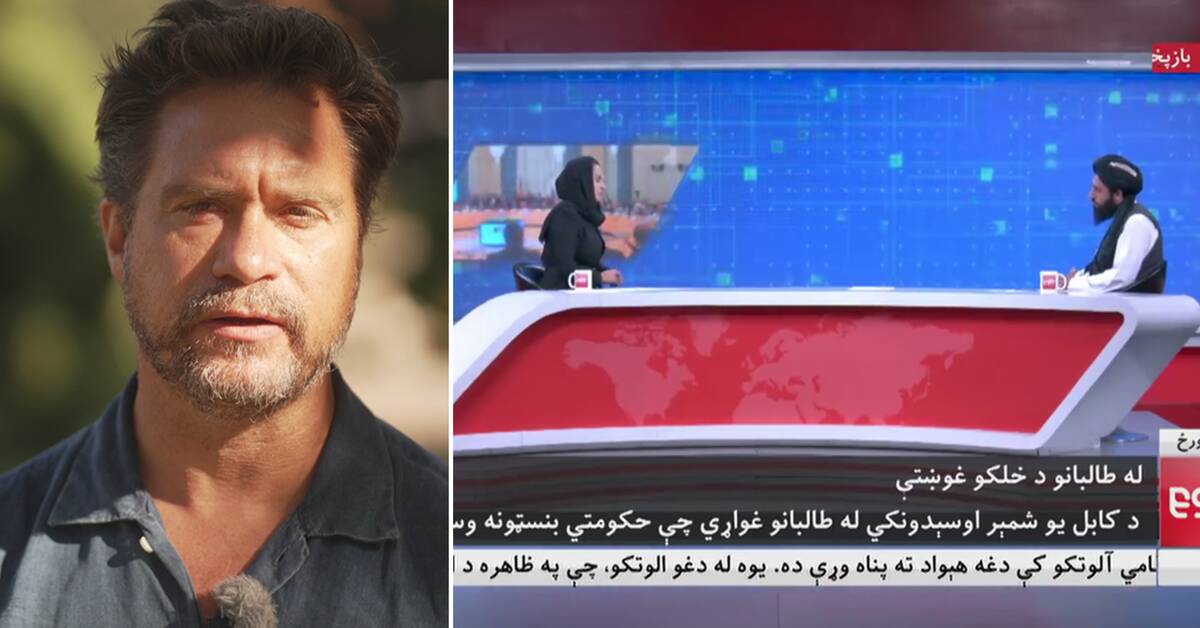The organization's mapping shows that the Afghan media has been significantly decimated since the Taliban took control of the country.
219 out of a total of 547 media outlets have closed down and 60 percent of the journalists who previously worked have quit.
- It is a dramatic blow against everything called independent journalism, says Erik Halkjaer.
Among women in the journalism profession, the decline is even greater, 76 percent of them have stopped working.
The reason for this is not due to any formal changes in the country's laws.
There is still a strong media law from 2015 that the Taliban have said still applies, but at the same time there are also sharia laws that prevent many journalists from reporting freely.
- It's about fear, security threats, an uncertainty about what applies to laws and regulations and the economy, which means that the media in Afghanistan are having a very tough time today, says Erik Halkjaer.
Missing media in large parts of the country
The survey also shows that in 11 of the country's 34 provinces there is a complete lack of media.
- Local media simply do not have the money needed to be able to work.
Then there is the security problem where journalists do not know what the local Taliban leader thinks and thinks about one's journalism and where you constantly self-censor yourself, says Erik Halkjaer.
He also believes that an imminent threat of violence from the Taliban regime and local warlords may have a part in many journalists no longer daring to work.
- We have counted at least 30 attacks against journalists during the year in the country and then there is also a large number of dark figures, says Erik Halkjaer.

